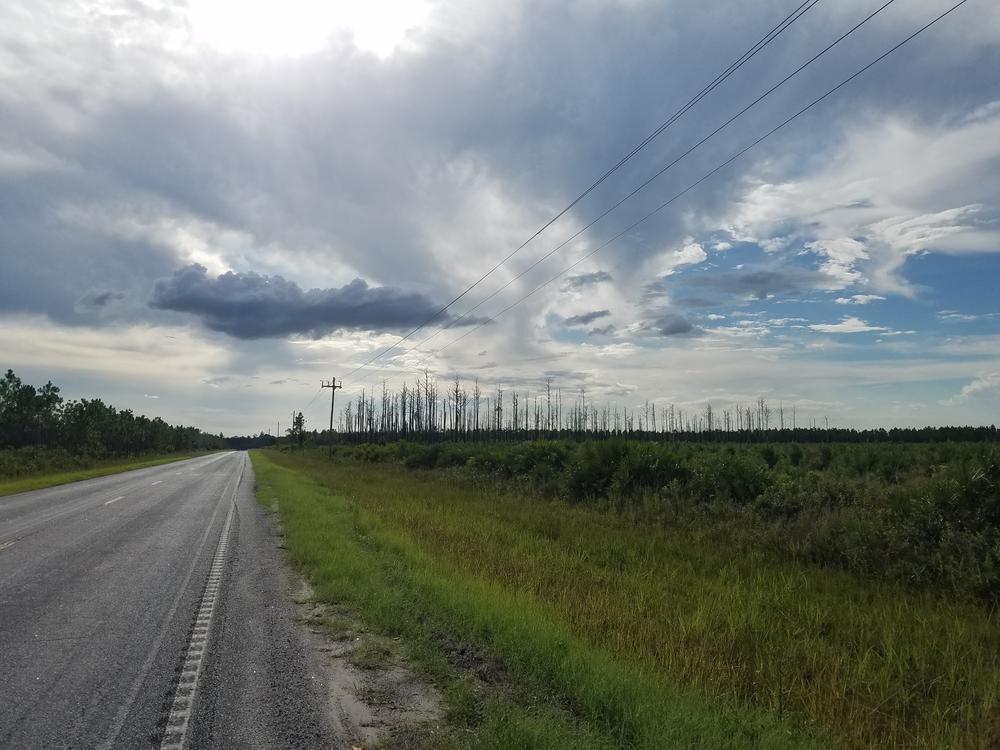
Caption
Land in southeast Georgia that Twin Pines Minerals wants to mine for zinc and other heavy minerals is near the Okefenokee National Wildlife Refuge.
Credit: Emily Jones
|Updated: October 28, 2020 8:50 AM

Land in southeast Georgia that Twin Pines Minerals wants to mine for zinc and other heavy minerals is near the Okefenokee National Wildlife Refuge.
Environmental groups said this week that they’re exploring options to keep fighting a mining project near the Okefenokee National Wildlife Refuge, now that the mining company plans to proceed without a federal permit.
The Army Corps of Engineers recently determined that the wetlands on the tract of land to be mined no longer have federal protection under a Trump administration rule change.
The Southern Environmental Law Center is challenging that rule change in federal court in South Carolina. The outcome will affect this mine, and projects across the country.
In the meantime, Bill Sapp of SELC said the mine near the Okefenokee still needs at least two state permits.
“So we’re turning our attention to those, and we’re going to be talking to folks in the government and in the agency, and we’ll keep moving forward,” he said.
In order to proceed with mining for zinc and other heavy minerals, Twin Pines Minerals will need state permits for withdrawing groundwater and for operating a surface mine, Sapp said.
SELC is also working to get protections for the Okefenokee written into state law.
The federal change is known as the “replacement rule” and is part of broader rollbacks to environmental protections by the Trump administration. The rule says that ephemeral streams — temporary waterways that run when it rains — as well as wetlands adjacent to them are no longer protected under the Clean Water Act.